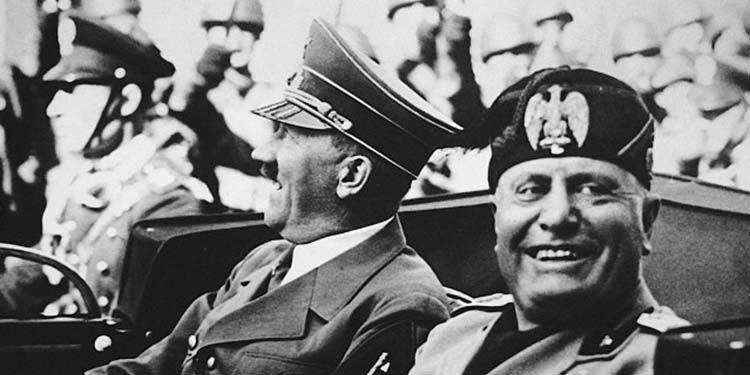On the evening of December 5, 1943, a Saturday, authorities in Venice were preparing to round up families for deportation and execution. By Sunday, 114 females and 49 males had been apprehended, and after this first batch were interned at a camp nearby, they were joined on January 18 by Sergio Tedesco and Mario Levi, both aged four, and six-year-old Lino Levi.
In the meantime, intense efforts were made to locate and arrest other Jews. Those too old and sick to flee had in the meantime been placed under heavy police surveillance, but by the next major round up in August 1944 they would be dragged out of their homes and aged-care facilities. Nearly all those arrested, some well into their eighties, died en route to Auschwitz or on arrival.
Yet as Simon Levis Sullam notes in his new book, The Italian Executioners, these outrages unfolded as the rest of Italian society eerily carried on as usual. The genocide began as Venetians were watching football: “movie theatres were open, hotels were packed, and people danced at parties and clubs.” The author claims anti-Semitism had become “normal”, and the persecutions of Jews a matter of “ordinary governance”.
Levis Sullam’s aim is to bring such crimes to the attention of other Italians. He wants to make it clear that during the war, many ordinary Italians, like many ordinary Poles, French and other Europeans, were implicated in the genocide of people who were once their neighbours, colleagues, clients and friends. Since 1938, when anti-Semitic laws were issued to exclude Jews from public life and the professions, the public was increasingly conditioned to regarding Jews as dangerous outsiders, or to dehumanise them to the point where removal or annihilation was construed as matter of public good.
By 1943, when Hitler’s regime demanded all Jews in Italy be handed over, there were enough ordinary Italians willing to assist, including the police who hunted down families, the bureaucrats who oversaw the deportation process, the informants who assisted authorities in locating those in hiding, and the many others who extorted those desperate for help. Most of the implicated were probably not motivated purely by anti-Semitism. As elsewhere in occupied Europe, others participated because they coveted Jewish property, were waging personal vendettas, or just needed the reward money on offer. Many were simply following orders.
This picture of ordinary Italians sending innocent people to their deaths, including women and children, is controversial in Italy because it undermines a popular image of Italians as unusually humane: as brava gente (good people). There is a comfortable view that Italians, by nature, are not drawn to racism and hence their record vis-à-vis the Jews (and indeed colonial subjects) is an unusually good one. If millions of people died prematurely during World War II because of extreme nationalism and racism, then Italians, being brava gente, could at least picture themselves as unwilling and unenthusiastic participants in that war.
Read the article by Nick Doumanis (Associate professor -history at the University of New South Wales) in The Sydney Morning Herald.

